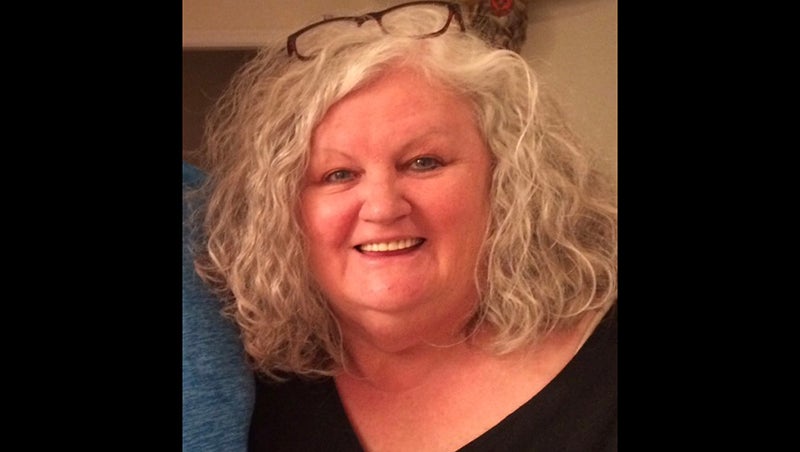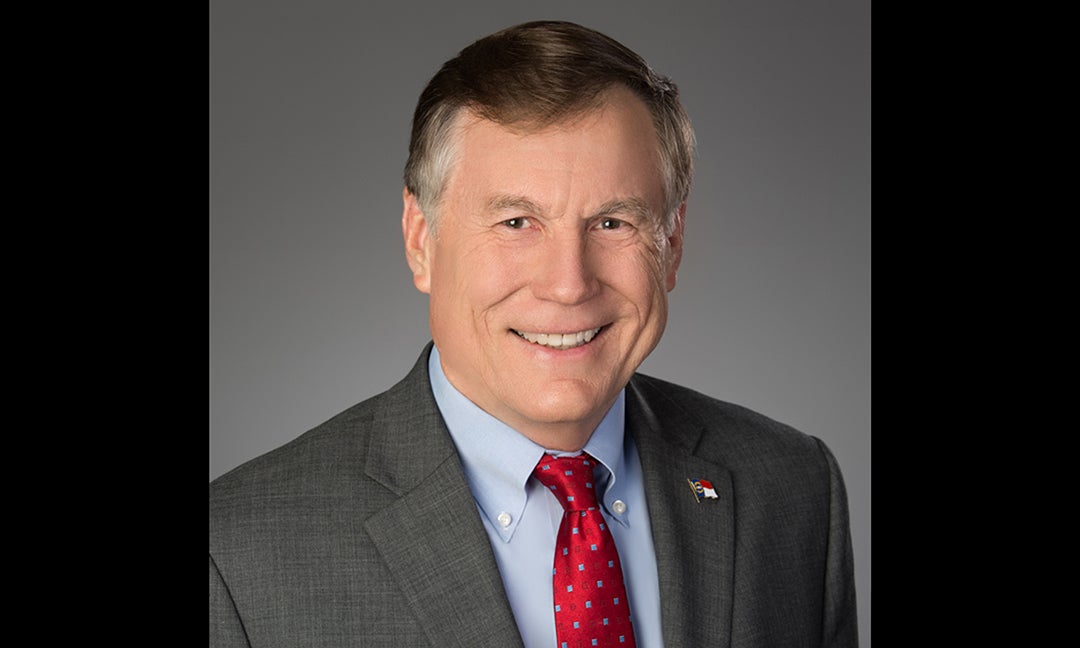Inconsistency Is Common in Politics
Published 3:05 pm Sunday, February 18, 2018
By JOHN HOOD
RALEIGH — When the North Carolina Senate recently passed a bill with several moving parts — a newly reconstituted State Board of Elections, a rebuff of Gov. Roy Cooper’s attempt to evade legislative control of state revenue, and a multi-year fix to a funding dispute about class size — North Carolina progressives were incensed.
They attacked the Republicans for abusing their power by tying the resolution of a budget dispute to action on non-budgetary policy matters. Democratic lawmakers demanded the three issues not be combined into a single, fast-moving legislative vehicle. Most then promptly voted yes, anyway — so they would not be run over by said legislative vehicle.
Would you want to run for reelection in 2018 having voted against hundreds of millions of dollars in funding for teaching positions and preschool programs? Democrats felt they had no choice. That angered them.
If you share their anger, I understand. But how did you feel over the past few weeks when House Minority Leader Nancy Pelosi, Senate Minority Leader Chuck Schumer, and other Democrats tried to use the leverage of an impending federal shutdown to force Republicans to act on a non-budgetary policy matter, immigration reform? Were you outraged? Or did you cheer them on?
We are all prone to the temptation of inconsistency when engaging in political debate, because we are all human beings with cognitive biases and enthusiasms. We often invest disagreements with emotional content. It charges us up. It is cathartic. It makes us feel good. Naturally, we don’t stop to diagram our sentences or chart out our logical syllogisms.
I happen to think there is a reasonable case to be made for all three elements of the bill in question. When the General Assembly originally mandated a statewide reduction in average class sizes, for example, I had concerns. In recent years, lawmakers had made the quality of teaching in public schools a fiscal priority — by raising base pay for starting teachers to $35,000, up from $30,000, and then structuring additional raises to reward improvement and retain high performers, in contrast to previous pay bumps for credentials and longevity that had not been based on sound empirical evidence.
Teacher quality is the right priority, I think, and there is a tradeoff. For each additional dollar spent on payroll, you can either pay existing positions more or add more positions. In education policy, that dollar is probably best spent on higher pay, particularly if related to performance. The gains you get from better teaching are usually greater than the gains you may get from smaller classes.
So, I’m glad that the General Assembly has decided to slow down the implementation of its class-size mandate and to provide additional funds so that it won’t displace other teachers or future raises.
I’m also glad that lawmakers have chosen not to let Gov. Cooper direct a $58 million payment, from the companies building the Atlantic Coast Pipeline, into an escrow account over which the General Assembly has no control. If the payment was demanded in exchange for permits to build the pipeline, it strikes me as an abuse of power. If, instead it is a “gift” from utility executives, simply offered from the goodness of their hearts, it is at the very least a form of state revenue subject to appropriation.
As for lawmakers tweaking their design for a new state elections board to add a ninth nonpartisan member, that would seem to be a reasonable response to the majority opinion of the North Carolina Supreme Court that the board’s original 4-4 partisan split improperly allowed Republican appointees to block the operation of an executive agency under the purview of a Democratic governor.
Yes, Republicans waited until after their party lost the governor’s office in 2016 to make the elections board less partisan. Similarly, Democrats rebuffed the idea of redistricting reform for decades, only to embrace it when they lost the legislature in 2010.
In politics, hypocrisy abounds. Are we, as observers of politicians, any less guilty of the offense?
–––
John Hood (@JohnHoodNC) is chairman of the John Locke Foundation and appears on “NC SPIN,” broadcast statewide Fridays at 7:30p and Sundays at 12:30p on UNC-TV.




